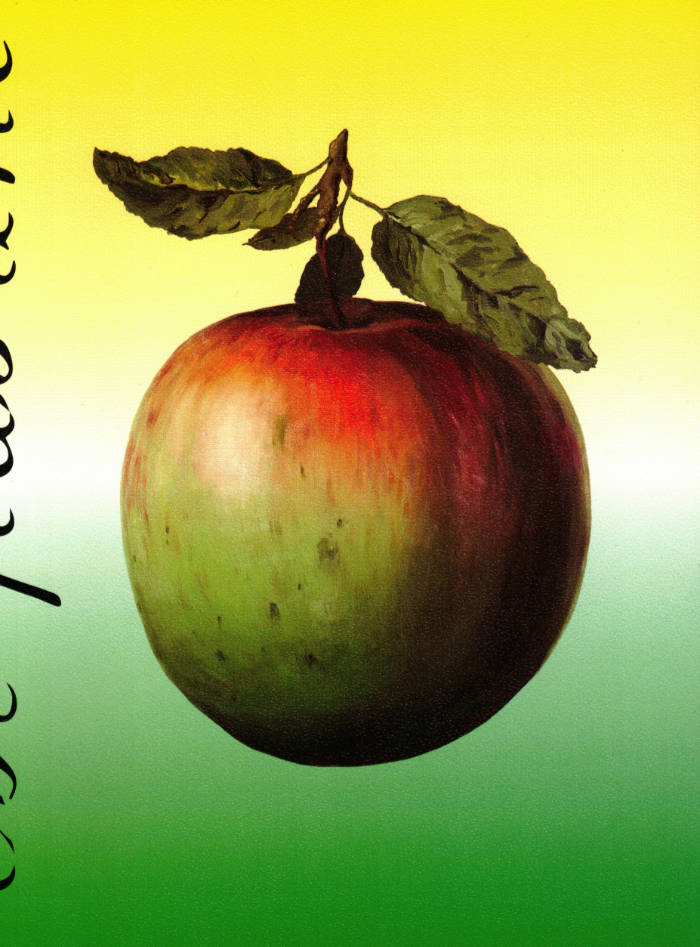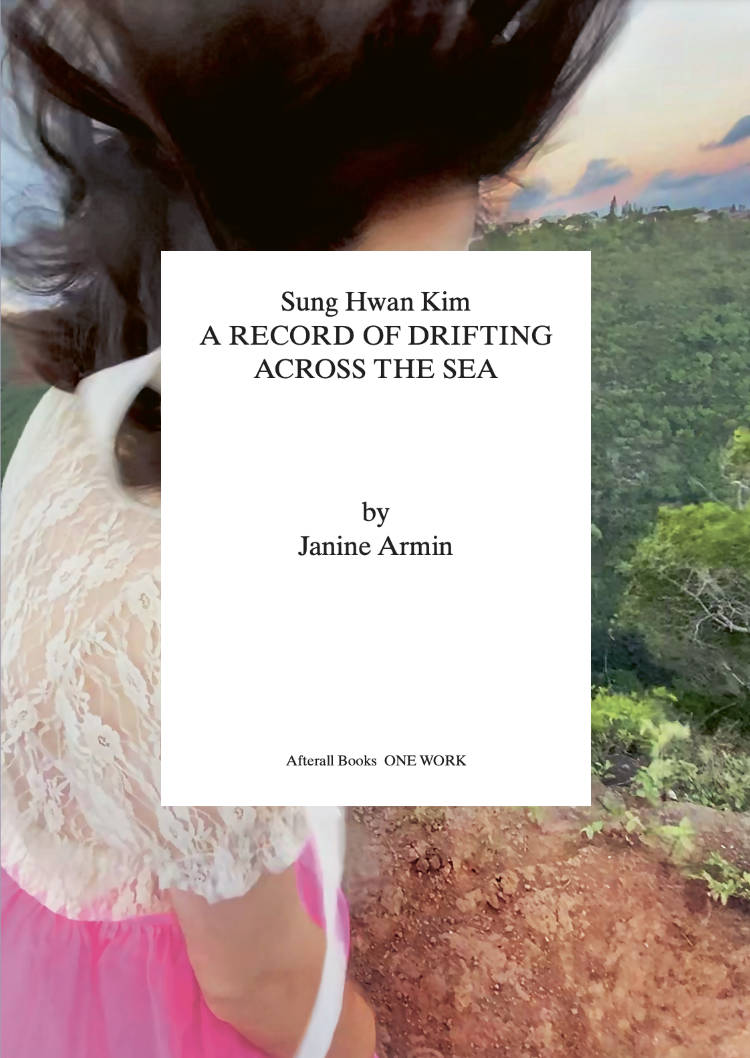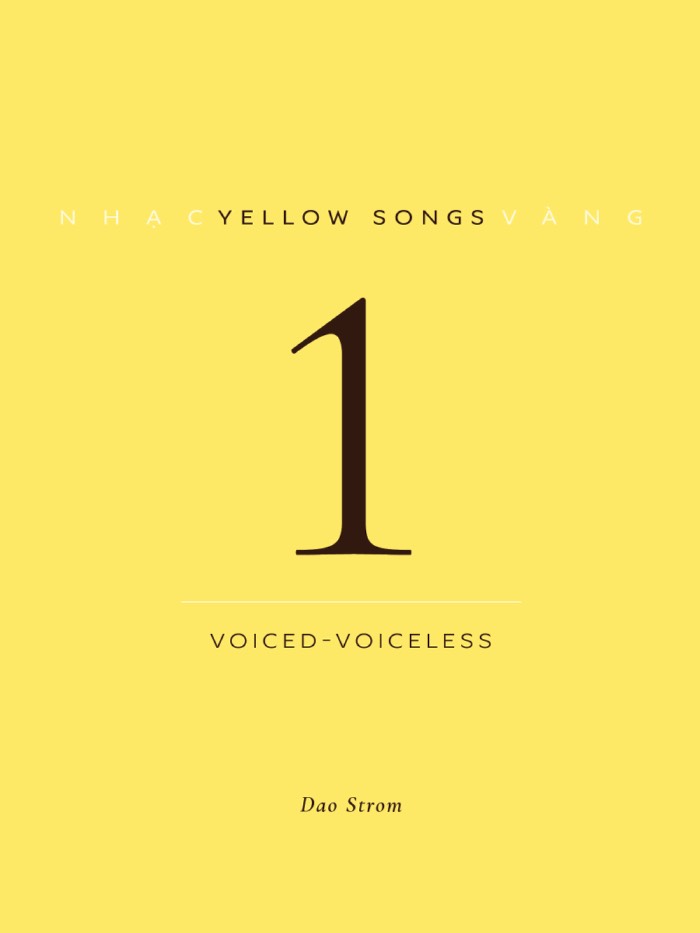
Immutable: Designing History
Immutable: Designing History explores the banal genre of the document and its entanglement with statecraft and colonial(ism/ity). This is framed as a ~5,000 year chronology, imbricating the developments of money and writing — from Mesopotamian clay tablets to distributed ledgers, like the blockchain. Immutability figures as a design imperative and hermeneutic for considering a variety of techniques (material, technological, administrative, etc.) of securitization against the entropy of a document's movement through space/time, and the political.
This project is driven by a contrast: design educators tend to teach forms like logos, books, websites, etc., but not passports, money, property deeds, etc., in spite of these being, I contend, design's most profoundly consequential forms.
As an alternative historiography, Immutable gestures both towards anthropologist Laura Nader's call to "study up" (on those in power), and the radical educator Paolo Freire's recognition of the "limit situation" as a generative condition for emancipatory praxis. The book's aim is to orient graphic design towards the vocation of imagining, naming, and remembering beyond the horizons of its role as a managerial, administrative, and colonial instrument that imposes a rationality of vision and accountability upon what is knowable, thinkable and sayable.
Chris Lee is a graphic designer and educator based in Brooklyn, NY. He is a graduate of OCADU and the Sandberg Instituut. His research/studio practice explores graphic design's entanglement with capitalism and colonialism/ity through the banal genre of the document. He is also currently developing a typographical project that narrates the oscillating status of Asians between the "model minority" and "yellow peril" as a function of the consolidation of Euro-American settler identity. Chris is an Assistant Professor in the Undergraduate Communications Design Department at the Pratt Institute.





